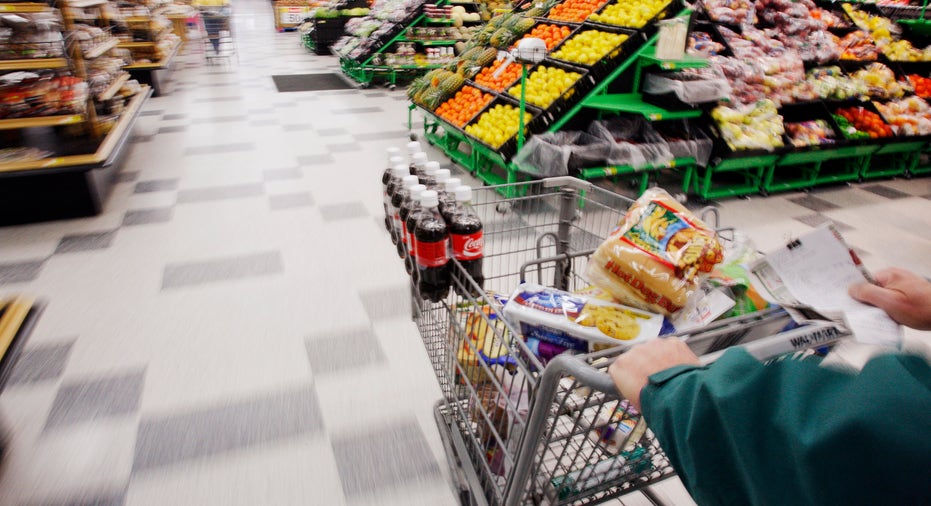Buyers’ Guide: How to Buy in Bulk

If you've ever been tempted to pick up 20 cans of green beans when they’re on sale, you're not crazy. You're smart, experts say.
When purchased in bulk, shoppers can reduce their household food and goods costs by 50%, says Jill Cataldo, founder of SuperCouponing.com. Considering that households spent about $6,100 on food alone in 2010, according to the Bureau of Labor Statistics. [http://www.bls.gov/news.release/cesan.nr0.htm], that’s not a small chunk of change:
Wholesale shopping clubs might be the first place you think of to visit to stock up on your grocery needs, but experts say they don’t always offer the best deals.
“They are selling bulk under the illusion of savings, but the per-unit or per-ounce prices don't always wash compared to what you can pay at the supermarket during a sale,” says Cataldo.
“The per-unit price can often be beat by buying in a traditional supermarket when products' prices hit a low point in the pricing cycle [and with coupons].”
Savings experts recommend stocking up on items ou regularly use when they are drastically reduced at the supermarket. But always stick to your budget. “With bulk buying, realize that you might spend two months’ worth of budget for some items. Just make sure to allocate appropriately in your budget so you don’t overspend next month,” says Kevin Gallegos, vice president of Phoenix operations with Freedom Financial Network.
Small families and single shoppers can scale down bulk costs by splitting large purchases with friends, family and coworkers, suggests Denise Winston, a financial educator and founder of MoneyStartHere.com. Members can take turns shopping and also split wholesale club membership fees. But no matter where or how you bulk shop, refrain from buying fresh produce and dairy in bulk quantities, which could spoil before you've had a chance to use them. And stay away from loading up on sale items you don't use frequently.
“While you might find a great deal on pet shampoo or an annual plant fertilizer, you'll tie up money that could be better used elsewhere, like paying down credit card debt,” Gallegos says.
Experts list the following items as generally best to buy in bulk:
Paper Products
Items like napkins, paper towels and toilet paper don't expire and can be pricey at retail price, says Cataldo. She recommends stocking up when they are discounted 30% or more.
Vitamins and Medicines
Some vitamin supplements may be cheaper at the warehouse stores, but savvy sale shoppers and couponers could get vitamins and medicines cheap or free with coupons at drugstores like Walgreens and CVS, according to Cataldo. Look for the best per-unit price and stock up.
Wine
Wine stays good until you open it, so if your favorite bottle goes on sale at your local grocery store, pick up several and store in a cool, dry place.
If your favorite beverage isn’t on sale, check out warehouse club stores, which tend to sell wines at about 30% less than a wine store year-round, says Teri Gault, CEO of grocery savings Website TheGroceryGame.com.
Meat
Supermarkets rotate which meats they put on sale each week, usually at about 65% off, which is better than a wholesale club price. When that happens, “don't just buy for this week,” Gault says. Freeze them until ready for use.
Packaged Foods
When cereal, canned foods, pancake mix, salad dressings, and almost anything in the center of the supermarket aisles goes on sale, it's usually up to 40% off—and is a good time to stock up. “Adding a coupon makes [them] half the cost per unit or ounce than the huge bulk packages at warehouse club stores,” says Gault.
Batteries
Everyone uses batteries for something these days, and buying them in bulk on sale at the grocery store can save about 70%, Gallegos says.



















